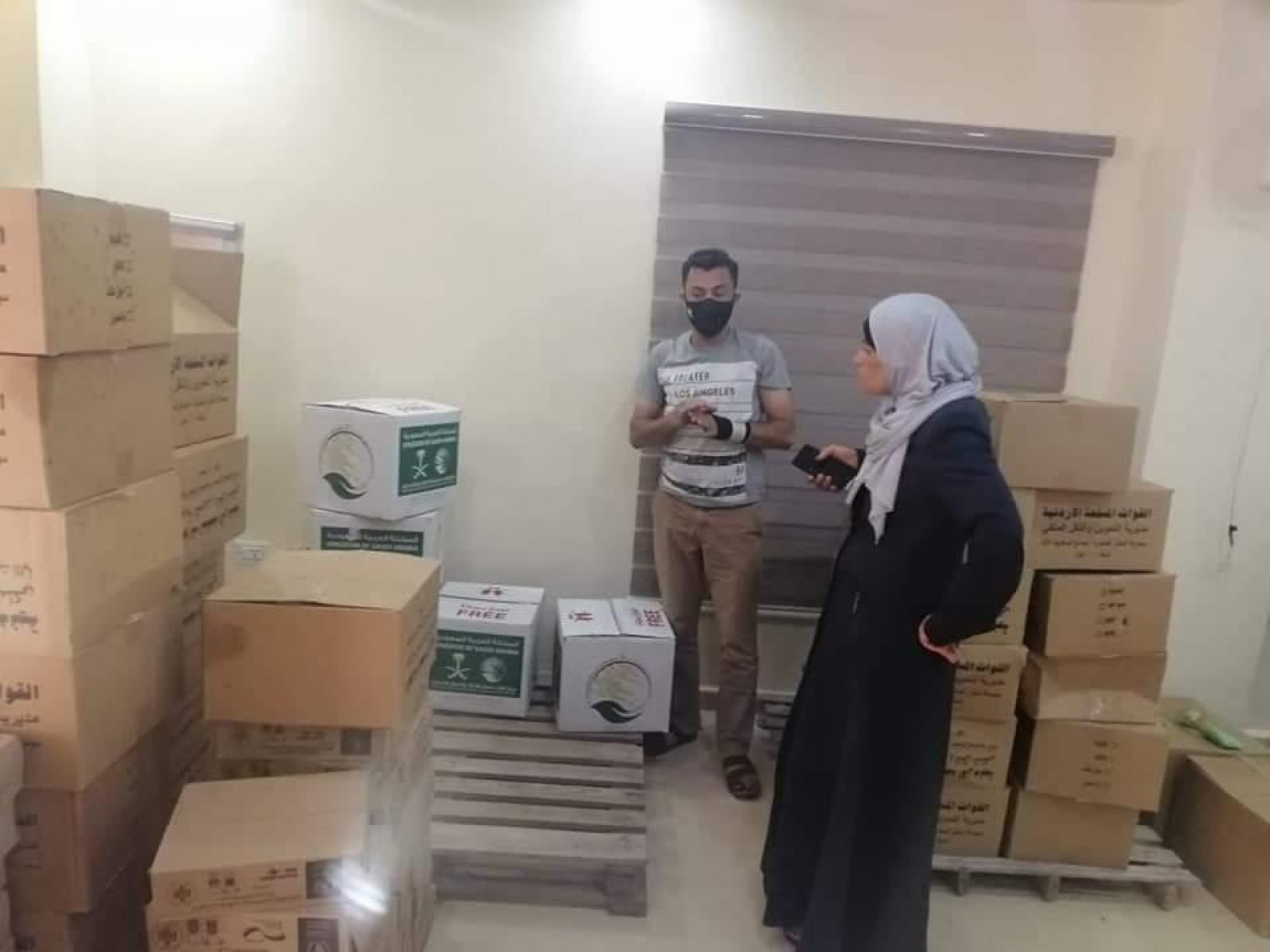
SHARE
In the early months of COVID-19, Jordan’s nationwide lockdown left many citizens unemployed and unable to access medicine, food, water, electricity and gas, leaving local officials overwhelmed by the number of citizen demands. To help alleviate the burden of local officials, NDI’s parliamentary fellows have risen to the occasion to play a key role in facilitating rapid responses to citizens’ needs. Working closely with their assigned women members of parliaments (MPs), fellows have applied skills learned through NDI trainings to conduct online public outreach efforts, connect citizens with local officials, distribute emergency aid, and advocate for change to relevant stakeholders and decision-makers.
The lockdown resulted in a strain on local services such as water, gas and emergency aid. In order to ensure that citizens’ needs were being met, many fellows tapped into their constituent outreach skills that NDI worked with them to develop, to accurately collect citizen concerns, document them and relay them to the appropriate decision-makers. The fellow assigned to MP Randa Alshaar from Karak conducted outreach through social media and socially distanced in-person meetings, and then communicated constituent demands for emergency aid and urgent medical care to the Ministry of Local Administration. The fellow not only received a response from local officials, but also assisted in distributing emergency aid packages, food, water and medicine for citizens. The fellow also arranged a clothing drive for impoverished children in the MP’s district. Other fellows collected input on local service delivery, particularly related to water shortages, economic challenges for women as a result of COVID-19, and medical needs for those with severe medical conditions.
"The work we did during the lockdown was seen by many citizens as essential, as many of them didn't know how to approach officials for basic needs. On the other hand, officials were very responsive as these requests started to come to them as organized and categorized demands where they can solve at one time for each issue. Whatever you do, citizens feel they need more. But during the lockdown, they highly appreciated the very responsive and effective work we did, especially the immediate response they saw from officials.” – Fellow assigned to MP Randa Alshaar
The challenges resulting from COVID-19 also led fellows to pursue advocacy efforts centered on ensuring hospitals were well-staffed. The fellow assigned to MP Fadeyyeh Dayyat from Balqa received phone calls from a number of nurses working in the Ibn Al Haytham hospital, complaining about being laid off at the start of the pandemic. The fellow immediately alarmed the Ministry of Health and explained the need to retain the 40 nurses, especially as COVID-19 cases were rising. As a result of the fellow’s advocacy efforts, the Ministry of Health ordered the hospital to rehire the nurses.
Other fellows have contributed to the COVID-19 response efforts by visiting local vendors to ensure compliance with government-imposed price ceilings, connecting local farmers with the Ministry of Local Administration to issue travel permits so produce can be delivered across the country, and alerting local officials about water shortages that may affect the farmers’ harvests. As demands slipped through the cracks, NDI’s women parliamentary fellows have bridged the gap between citizens and decision-makers and successfully contributed to Jordan’s nationwide response, leaving the country in a stronger position to tackle COVID-19.
NDI's engagement in Jordan is implemented with support from the United States Agency for International Development (USAID) through the Consortium for Elections and Political Process Strengthening (CEPPS).


